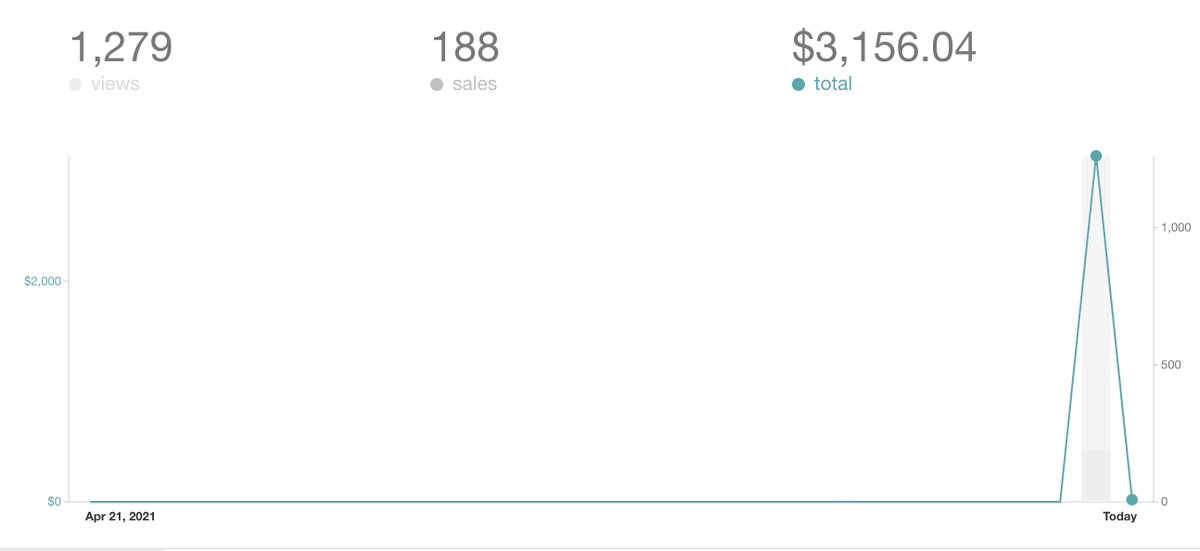
Because I've been asked for some advice on how to write a book, let me share a few thoughts here.
A book isn't written in one go, it's a whole process.
Here is how I approach writing:
🧵👇
A book isn't written in one go, it's a whole process.
Here is how I approach writing:
🧵👇
I follow the outline approach, so I come up with the main topics I want to cover, and then I make a big Table of Contents with the chapter names. Once that is looking good, I start writing the chapters, one by one. Like blog posts, but all fitting together.
You don't need to write in order. You can add to any chapter at any time. Feel like writing the ending first? Go ahead. Have an idea for one more good example in chapter 12? Add it today.
Your outline isn't just a reference document. It can grow into your book over time.
I've used the compendium method successfully. Turn every headline into one paragraph that summarizes what the chapter is about.
Here's a part of the outline of The Embedded Entrepreneur:
I've used the compendium method successfully. Turn every headline into one paragraph that summarizes what the chapter is about.
Here's a part of the outline of The Embedded Entrepreneur:

From there, I pretty much just expanded the little bullet points into paragraphs and sections.
It also allowed me to add new thoughts and cross-referencing ideas to other outline sections, so that I could reference ideas when I wrote those other parts.
It also allowed me to add new thoughts and cross-referencing ideas to other outline sections, so that I could reference ideas when I wrote those other parts.
The most important part is to take it slowly and be fine with minimal progress. Start a new document today with a title and a few chapter ideas. Go back in tomorrow, and maybe add a few more chapter titles, or add a few notes under a chapter idea about the contents.
One line a day is good enough. Just keep at it every day.
The trick is to forget quality and focus on consistency. You'll always be able to edit what you wrote today. You can't edit what you haven't written.
The trick is to forget quality and focus on consistency. You'll always be able to edit what you wrote today. You can't edit what you haven't written.
And if you think you can't do it because you're not a writer, consider this.
A writer is a person who writes regularly.
If you're on Twitter every day, you are already a writer. So let go of this self-imposed limitation and start working on your book.
Create an outline NOW.
A writer is a person who writes regularly.
If you're on Twitter every day, you are already a writer. So let go of this self-imposed limitation and start working on your book.
Create an outline NOW.
• • •
Missing some Tweet in this thread? You can try to
force a refresh






